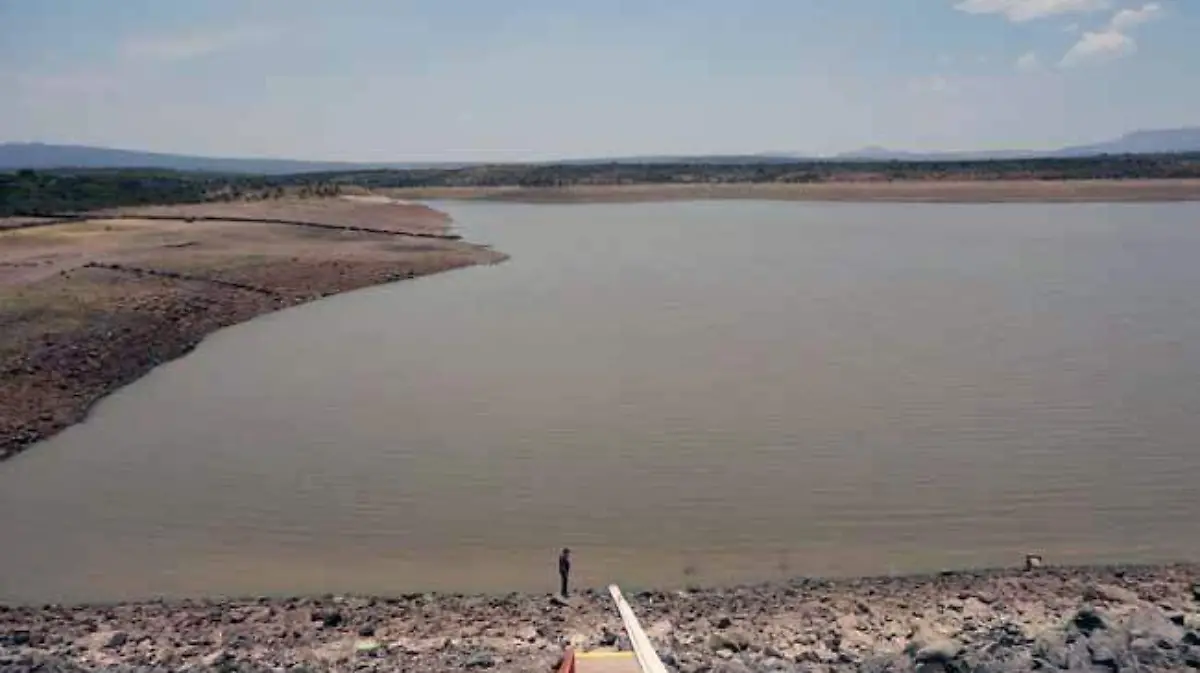Increasing resilience to climate variability and change (World Water Council)
27 marzo 201827 de marzo del 2018
Fuente: World Water Council
Nota por World Water Council
On the road to COP22, the World Water Council in collaboration with Conagua and ANEAS launch a new evidence-based book to provide decision makers with solutions for adaptation plans to increase resilience and improve disaster preparedness. This book highlights the role that both infrastructure and governance play in the context of resilience and adaptation to climate variability and change. Eleven case studies analyze in-depth impacts of extreme events in projects, basins and regions in the Arid Americas (Unites States and Mexico), Australia, Brazil, China, Egypt, France, Nepal, Mexico, Pakistan, Turkey and South Africa. They discuss the importance of infrastructure (mainly reservoirs) in adaptation strategies, how planning and management aspects should improve in response to changing climatic, economic, social and environmental situations and what the management, institutional and financial challenges would be for their implementation.
Governance aspects (policies, institutions and decision making) and technical and knowledge limitations are a substantial part of the analyses. The case studies argue that reservoirs are essential to build resilience contributing to adaptation to climate variability and change. However, that for them to be effective, they need to be planned and managed within a governance framework that considers long-term perspectives and multi-sector and multi-level actor needs and perspectives.
Artículos relacionados
- Mundo – 32 países destacan sus principales acciones climáticas durante las sesiones de mayo – junio (United Nations)
- Argentina: Fracking en Mendoza: una provincia que lucha por el no a la contaminación (Infonews)
- Bangladés – Agua de lluvia: una posible fuente de seguridad hídrica (The Financial Express)
- En BCS televisora niega derecho réplica a frente ciudadano defensor del agua (SDP Noticias)
Otras Publicaciones
 Nacional
Nacional
Chihuahua – Sin respaldo hidráulico el fraccionamiento La Fortaleza en Parral; vence factibilidad de agua (El Sol de Parral)
24 febrero 2026 Nacional
Nacional
Michoacan – Sanearán aguas residuales en Cojumatlán con humedales artificiales (El Sol de Zamora)
24 febrero 2026 Nacional
Nacional



